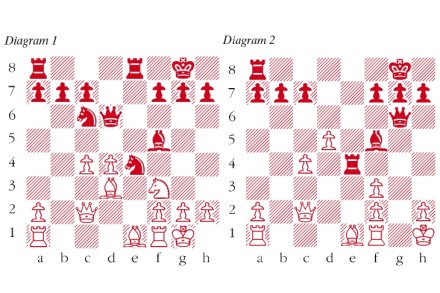What has the Premier League ever done for us? | 19 August 2017
Football’s back, I’m afraid, and, in the imperishable words of David Mitchell, every kick in every game matters to someone, somewhere. Still, it’s the Premier League’s 25th anniversary, so a good time to take stock. There’s no doubt that with Sky’s help the PL has sexed up the English game and moved it once and for all from being the preserve of the working man. When I started going to matches half a century or so ago, the stadiums were awful, the food terrible, and the football not that great. A game could be intimidating; not for the fainthearted, or women, or people who weren’t white. Now that has changed

















